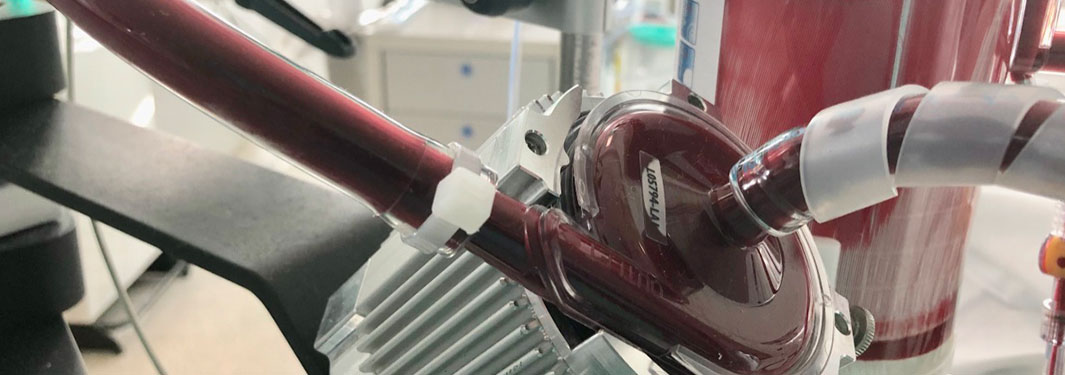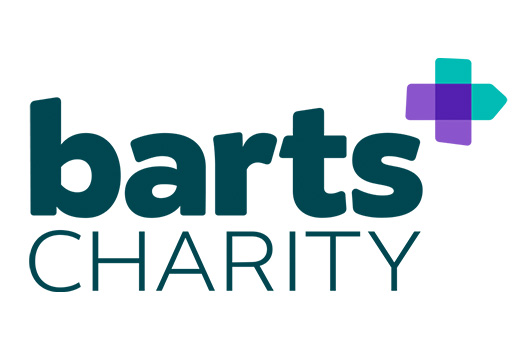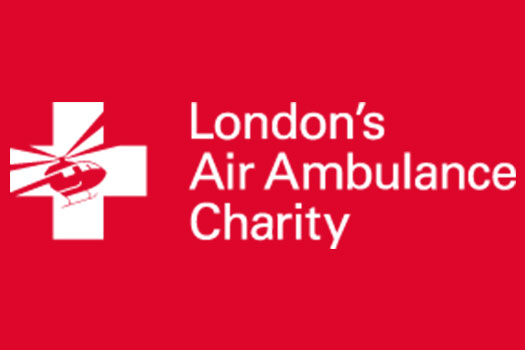Sub30

Full Title: To establish whether a pre-hospital advanced physician/paramedic cardiac arrest team that is ECMO capable can establish ECMO flow within 30 minutes of patient collapse
Short Title: Sub30
Sponsor: Barts Health NHS Trust
Funder: Barts Charity, London Air Ambulance
Chief Investigator: Dr Simon Finney, Consultant in Intensive Care and Cardiothoracic Anaesthesia, Queen Mary University of London
Co-Investigators: Dr Ben Singer, Barts Health; Dr Fenella Wrigley, London Ambulance Service
Contact: cvctu@qmul.ac.uk
Registration: https://www.clinicaltrials.gov/study/NCT03700125
Study Design: Feasibility study of pre-hospital ECMO delivery for out-of-hospital cardiac arrest
Objectives:
- To determine whether an ECMO-capable pre-hospital team can establish ECMO flow within 30 minutes of a patient’s cardiac arrest
- To assess outcomes for patients who received ECMO compared with those who did not due to logistical or temporal limitations
Number of Participants: 6
Devices Used: Extracorporeal Membrane Oxygenation (ECMO) system
Study Duration: 12 months
Location: Barts Health NHS Trust, London
Summary: Cardiac arrest occurs when the heart suddenly stops, and in London alone, the ambulance service treats over 4,000 such cases annually. Despite arriving at patients within an average of 7 minutes, survival rates remain low, with fewer than 1 in 10 patients returning home. The likelihood of death or brain damage increases significantly after 20–30 minutes without a functioning heart. ECMO (Extracorporeal Membrane Oxygenation) may improve survival by providing an artificial replacement for heart and lung function while underlying causes are treated.
This study assessed whether an advanced pre-hospital team, including ECMO-capable physicians and paramedics, could initiate ECMO within 30 minutes of patient collapse. Patients who remained in cardiac arrest after 20 minutes of standard ambulance care were eligible. The ECMO team and equipment travelled to the scene, and if ECMO was initiated, patients were then transported to the Heart Attack Centre at St Bartholomew’s Hospital for continued care.
Due to the emergency nature of cardiac arrest, informed consent was not possible at the time of treatment. The study engaged with ethics committees and public representatives to address this and offered individuals the option to opt out in advance by wearing a provided bracelet.
In addition to treated patients, researchers also analysed data from similar individuals who experienced cardiac arrest but did not receive ECMO due to timing or distance. This comparative data, drawn from the London Ambulance Service database, aimed to better understand ECMO’s potential benefits. Privacy safeguards ensured that no individuals could be identified, and the use of data was legally justified as being in the public interest for medical research.

